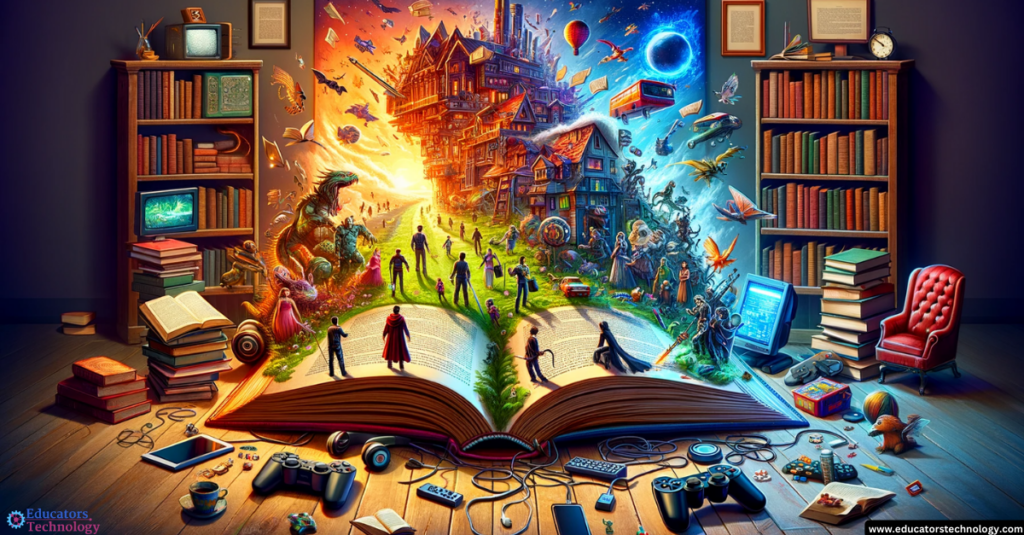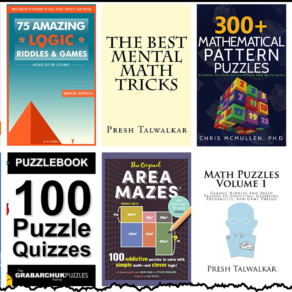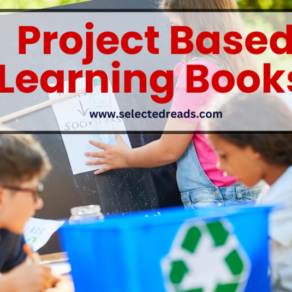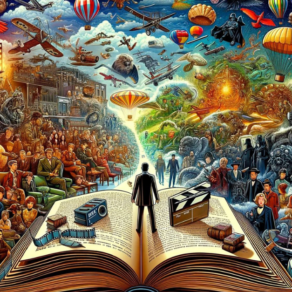In my journey through the fascinating intersection of video games and education, I’ve had the opportunity to delve into a treasure trove of literature that explores this dynamic field. During my master’s thesis, I meticulously worked through an array of books that shed light on the multifaceted relationship between gaming and learning.
These works, penned by some of the most insightful minds in the field, offer compelling arguments, research-backed insights, and visionary perspectives on how video games are not just tools of entertainment, but powerful vehicles for education and personal development.
From exploring the cognitive benefits of popular culture to the intricate ecosystems of learning within games, these books challenge conventional wisdom, offering fresh perspectives on how we engage with games and, in turn, how they shape us. Whether you’re an educator, a parent, or simply someone intrigued by the evolving role of technology in education, these books are invaluable resources that provide a deeper understanding of the transformative potential of gaming.
Books about Video Games
Here’s a glimpse into some of the best books I’ve encountered on this journey, each offering unique insights into the world of video games and learning.
1. What Video Games Have to Teach Us About Learning and Literacy, by James Paul Gee
In this seminal work, James Paul Gee delivers an intriguing exploration of video games, even the violent ones, as tools of positive influence. He expertly navigates the potential of gaming as a learning platform, where players master complex tasks and form sophisticated understanding, often under the guise of entertainment. A vital read for those looking to understand how gaming can impact literacy and learning.
2. Reality Is Broken: Why Games Make Us Better and How They Can Change the World, by Jane McGonigal
Jane McGonigal’s revolutionary book positions games as world-changers. By leveraging the unique power of games, she argues, we can tackle real-world problems ranging from depression to climate change. Providing a glimpse into cutting-edge games transforming the business, education, and nonprofit sectors, this book is a testament to the potential of gaming in reshaping our reality..
3. Fun: Inc: Why Gaming Will Dominate the Twenty-First Century, by Tom Chatfield
Tom Chatfield’s “Fun Inc.” stands as a robust defense of video gaming’s place in modern culture. It highlights the intellectual benefits gaming brings, emphasizing that with high penetration among teenagers, games have become a rich ground for intellectual exploration. It is an essential read for those interested in understanding how gaming is shaping the 21st-century.
4. Good Video Games and Good Learning: Collected Essays on Video Games, Learning and Literacy, by James Paul Gee
A collection of essays from James Paul Gee that deeply analyze video games from an educational perspective. The book traverses a wide range of themes including how games marry pleasure, learning, and mastery to the controversial aspects of gaming. The narratives provide a valuable understanding of differential learning experiences through gaming and formal education.
5. Don’t Bother Me Mom–I’m Learning, by Marc Prensky
Prensky’s eye-opening work explores the positive aspects of video gaming for today’s digitally native kids. Asserting that video and computer games are vital tools preparing them for the 21st century, the book shows how games foster key future skills, from strategy formulation to ethical decision-making. It’s a powerful counter-narrative to the conventional view of gaming.
6. The Ecology of Games: Connecting Youth, Games, and Learning, by Katie Salen Tekinba
“The Ecology of Games” offers a fresh perspective on gaming, viewing it as an ecosystem where young users are not only players but producers and learners. The editor, Katie Salen, introduces a nuanced debate on the value of games, offering depth to the often polarized discussions around gaming and learning.
7. Video Games and Learning: Teaching and Participatory Culture in the Digital Age, by Kurt Squire
In “Video Games and Learning,” Kurt Squire presents a comprehensive analysis of games, gaming culture, and educational game design. Drawing from over a decade of research, Squire presents the evolution and potential of immersive digitally mediated learning environments, or games. This accessible book outlines the future of education as it intertwines with the digital world.
8. Games, Learning, and Society: Learning and Meaning in the Digital Age, by Constance Steinkuehler (Editor), Kurt Squire Ph.D. (Editor), Sasha Barab Ph.D. (Editor)
A foundational collection on video games and learning, this volume explores game design, game culture, and games as modern pedagogy tools. Showcasing the work of influential thinkers and designers in the field of games and learning, it provides a comprehensive look at the depth and breadth of this emerging scholarly area.
9. How to Do Things with Videogames, by Ian Bogost
Leading video game scholar and award-winning designer Ian Bogost examines the multitude of uses for video games in the modern world. His collection of thought-provoking essays explores games as platforms for documentation, education, promotion, and even politics, arguing that these applications broaden and enrich the medium’s relevance.
10. Digital Games and Learning: Research and Theory, by Nicola Whitton
Nicola Whitton’s book offers a clear, concise overview of digital games and learning from a multidisciplinary perspective. Drawing on research and theory from diverse fields, Whitton synthesizes relevant work in the study of games and learning, focusing on games as active learning environments, motivational tools, playgrounds, and learning technologies.
11. Gaming Lives in the Twenty-First Century, by Gail E. Hawisher (Editor), Cynthia L. Selfe (Editor)
“Gaming Lives” delves into the intricate relationship between gaming environments and literacy development. Through in-depth case studies of gamers in the US, the book examines the claim that computer games provide better learning environments than schools, offering insightful historical and cultural analyses of gamers’ literacy development and values.
12. Everything Bad is Good for You: How Today’s Popular Culture is Actually Making Us Smarter, by Steven Johnson
Steven Johnson’s thought-provoking work argues that popular culture, including video games, is making us smarter. Drawing on fields such as neuroscience, economics, and media theory, he claims that today’s pop culture poses new cognitive challenges that enhance our mental acuity.
13. Gamify: How Gamification Motivates People to Do Extraordinary Things, by Brian Burke
Brian Burke’s “Gamify” illustrates gamification as a powerful method to motivate people to achieve their goals while also meeting organizational objectives. It demonstrates how gamification can be leveraged to inspire behavior change, skill development, and innovation.
14. The Gamification of Learning and Instruction, By Karl M. Kapp
In this insightful book, Karl Kapp argues that gamification isn’t merely about adding game elements to eLearning programs, but about fundamentally reimagining learning design. Offering practical advice and examples, this book serves as an excellent primer on how to gamify learning effectively.
Final thoughts
The books discussed here represent a diverse spectrum of perspectives, from the cognitive benefits of gaming to its role in shaping societal norms and educational paradigms. They collectively argue that video games are much more than mere pastime activities; they are powerful tools that, when understood and utilized effectively, can significantly enhance learning experiences, cognitive abilities, and social skills.
As we navigate the ever-evolving landscape of technology and education, these books offer valuable insights and frameworks for understanding the complex interplay between digital games and learning. They encourage educators, parents, and policymakers to look beyond traditional views of gaming and recognize its potential as a transformative educational tool. The lessons drawn from these works are clear: embrace the potential of video games, explore their multifaceted roles in learning, and harness their power to create engaging, effective, and innovative educational experiences.





















